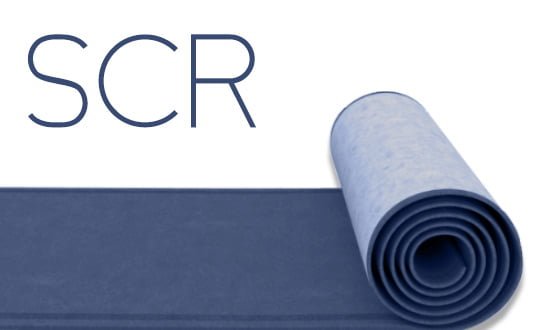The NHS Summary Care Record has hit the 40m patient mark, just over a year after low usage rates led to calls for it to be scrapped.
NHS England says it is “delighted” by the milestone, and is now focussing on rolling out the SCR in A&E, NHS 111, and GP out-of-hours services.
The SCR was one of the key projects of the National Programme for IT in the NHS.
It was intended to create the 'national' element of an integrated care records service that was otherwise to be delivered by the roll-out of detailed care record systems at trusts.
However, the SCR was held up for years by rows about consent and confidentiality that mirror the present arguments about the care.data programme.
Privacy campaigners and medical groups argued that patients were not sufficiently informed about the creation of the first, national database of patient records, and that they should opt-in rather than out.
The SCR was eventually given the go-head by the present government on an opt-out basis.
The record provides a core set of required clinical data, including allergies, medications and adverse reactions, pulled from GP systems, which can be viewed by health professionals involved in a patient’s care.
In July 2013, it was expanded to include patients’ end-of-life care information, immunisations, and significant past problems and procedures.
Beverley Bryant, NHS England’s director of strategic systems and technology told EHI the organisation is “delighted that this significant milestone has been achieved.”
“The value of the Summary Care Record is being seen in a number of care settings, with viewing volumes now growing quickly on the back of the great progress in making records available.
“This in turn is driving the main objectives, which are improvement in patient care and efficiencies in the NHS.”
Bryant said NHS England is now focusing on accelerating rollout in A&E, 111 and GP out-of-hours settings, as well as continuing to see good viewing rates in other areas.
While the 40m mark is a significant milestone, usage rates for the SCR have been a concern throughout its history.
Figures released in February last year revealed that while there were more than 22m records in existence at the time, they had been viewed just 240,000 times.
This led to some calls for the programme to be scrapped. However, by the end of the year, NHS England was reporting that SCR usage rates among clinicians had risen to an all-time high of 12,000 views a week.
The HSCIC told EHI that the SCR now gets 19,000 views a week and that the number continues to grow.
GP practices will be required to provide an automated upload of their summary information to the SCR, or have published plans in place to achieve this, by 31 March 2015.
The new GP contract also requires GPs to give patients online access to the information that is held in the SCR by this date.
The HealthSpace project that was originally set up to give patients access to their SCR was also scrapped by the present government. The complex arrangements for opening an 'advanced account' made patient useage very low.

